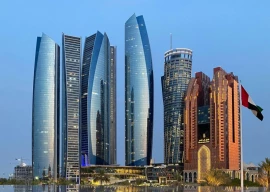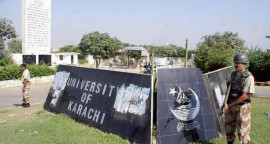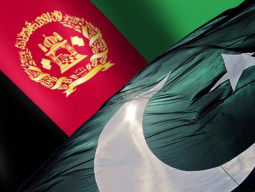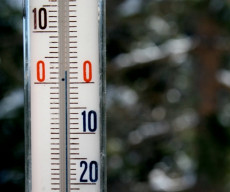
This time it is the coast of Morrocco. Several dozen Pakistanis have died in yet another tragedy trying to reach Europe. There is another string of statements, condolences and condemnations. A few arrests and dismissals of staff have also been reported. At this time, it seems that the statements are simply recycled from the last tragedy. Of course, what is missing from the most recent statements is the same stuff missing from all the previous ones: a serious self-reflection on why people take such chances?
Cracking down on staff at the exit ports is not going to solve the problem. Of course, there is ample corruption in the system, and many of us have seen it play out first hand. And indeed, that corruption needs to be rooted out, and done so for many good and urgent reasons (as should be the corruption in every other department). But the real issue here is not the corruption of staff at the exit ports or law enforcement officers who are complicit. For example, many of those who end up going to North Africa to undertake the treacherous journey have valid visas to go to these countries.
Trafficking - as I have written before, and others have noted (both in academic literature and in news media) - is not the core issue either when it comes to tragedies in the Atlantic or the Mediterranean. Trafficking assumes taking people against their will and is often associated with slave labour or sexual exploitation. I doubt if many people who perish in the high waters were abducted from their homes and taken to North Africa. The issue here is of human smuggling, with both an intent to leave on the part of the persons, and actual financial transactions. Of course, those transactions are built on vulnerability and exploitation, but there is intent involved here. As we read the awfully tragic stories from the family members, it becomes apparent that not only did the deceased leave their homes with a particular goal, it was also that their families were part of the journey implicitly by taking extraordinary loans, or by selling all of their meager possessions to have one shot at a better life.
So the obvious question is: if it is not trafficking, and if corruption of the authorities is only a part of it, why do people want to leave in such high numbers?
The answer to this is not particularly hard. Let us do a simple experiment to illustrate this point. Many of the readers of this and other newspapers interact with domestic help, or other members of socio-economically disadvantaged communities. I encourage the readers to ask these colleagues - how are things in your hometown or village? Are people being treated fairly? If they work hard, will they be able to make a decent living? Does police treat them well if they have a concern? Are there real economic opportunities available to them? What is the status of medical care there? Has life gotten better for them in the last year? Decade?
For those who are quick to pontificate and issue stale statements of condemnation, I encourage them to spend a week in the homes of the people in villages, see the world as it manifests itself without privilege, and then imagine living like this for generations, and then talk about resilience and optimism.
Since lately we seem to be all about comparing ourselves to others and talking about indicators, here is some data to think about. The data from international organisations that monitor such tragedies shows unequivocally that those who often embark on such extraordinary journeys and risk their lives tend to come from countries that lack social safety nets, suffer from economic and social injustices, and have deep inequities. The real problem is not the lack of resilience of people, or their inability to work hard or 'trafficking, it is one that no one is interested in addressing.

1737426578-0/Untitled-design-(65)1737426578-0-405x300.webp)


1737416356-0/Trump-(9)1737416356-0-165x106.webp)














COMMENTS
Comments are moderated and generally will be posted if they are on-topic and not abusive.
For more information, please see our Comments FAQ